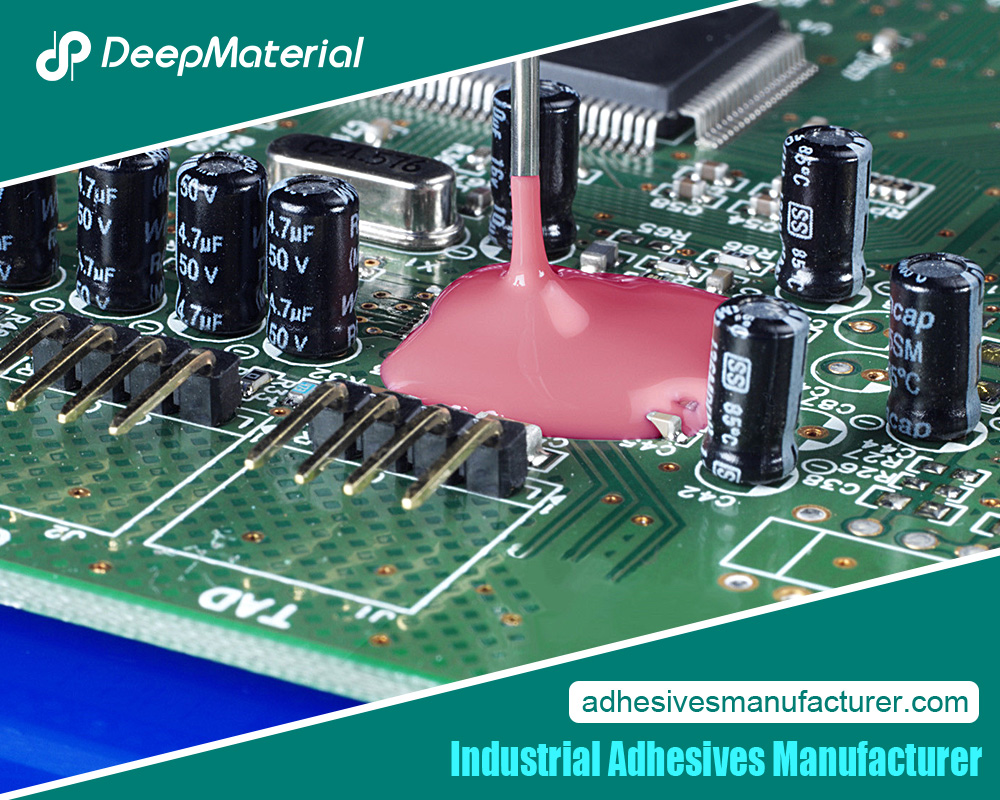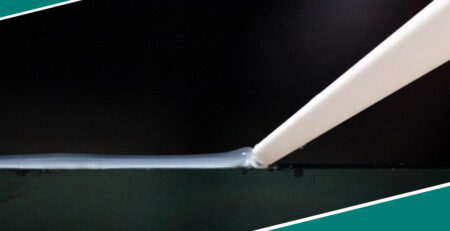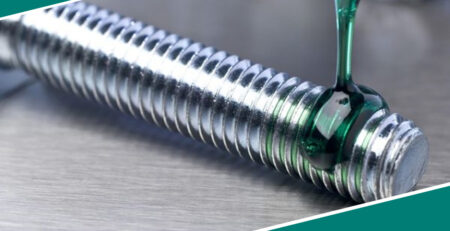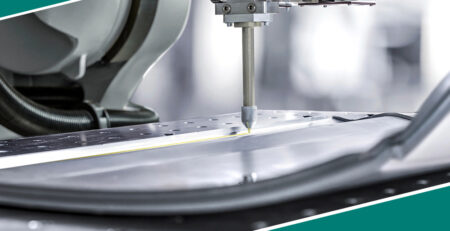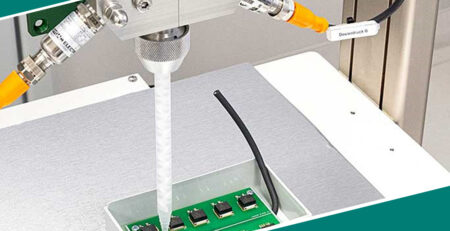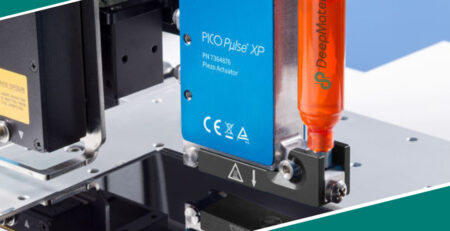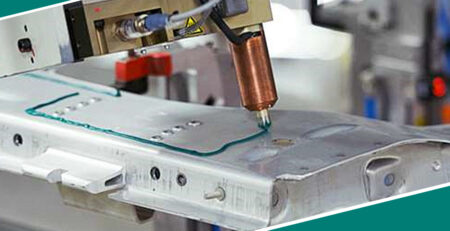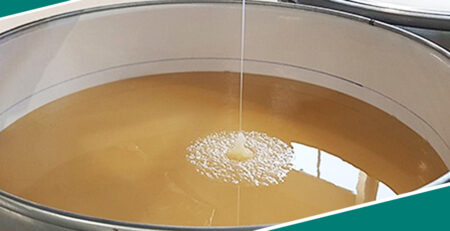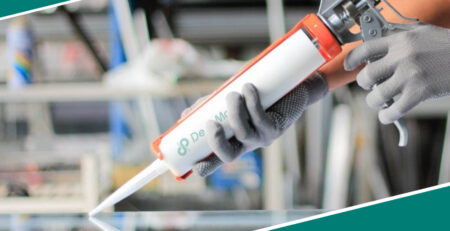Exploring the Applications of Insulating Epoxy Coating in Electronics
Exploring the Applications of Insulating Epoxy Coating in Electronics
In the dynamic world of electronics, the quest for efficiency, durability, and reliability is a never-ending journey. One of the key components that play a significant role in achieving these objectives is insulating epoxy coating. This seemingly simple substance has a profound impact on the performance and longevity of electronic devices, making it an essential topic for anyone interested in electronics.
In this blog post, we will delve into the fascinating world of insulating epoxy coating, exploring its various applications in electronics and how it contributes to the overall functionality of devices.
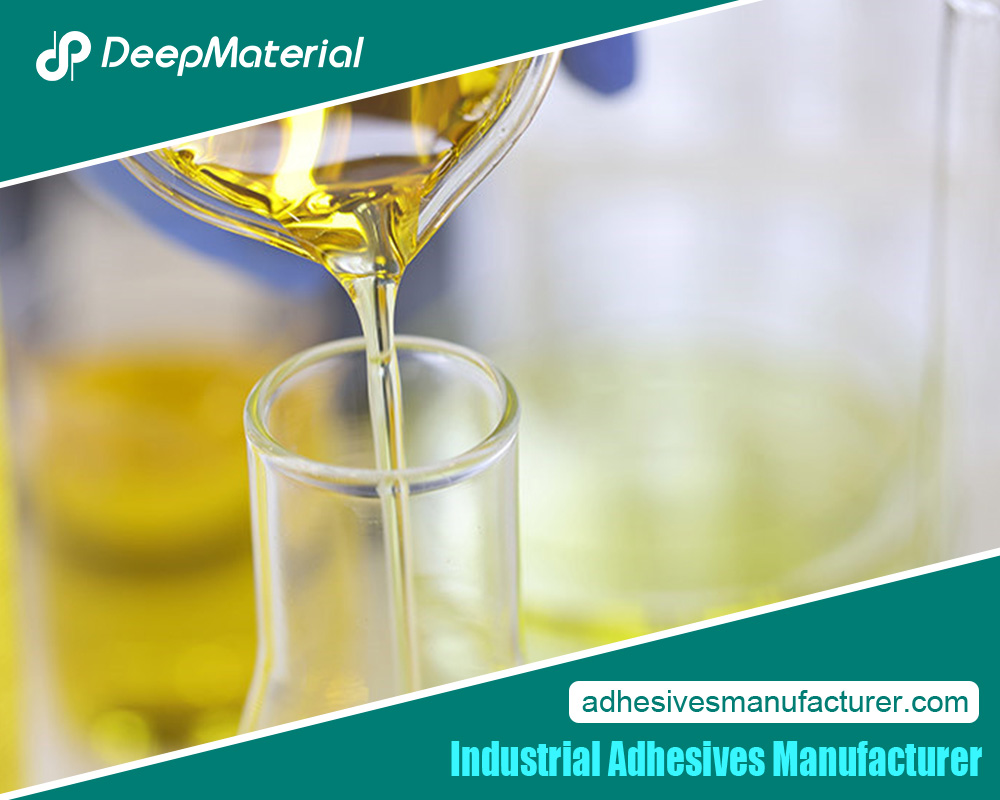
Benefits of Using Insulating Epoxy Coating in Electronics
One of the key benefits of using insulating epoxy coating in electronics is the protection it provides against moisture, corrosion, and high temperatures. Moisture can seep into electronic components and cause short circuits or corrosion, leading to malfunction or failure. Corrosion can also occur due to exposure to chemicals or environmental pollutants. High temperatures can cause electronic components to overheat and degrade, affecting their performance and lifespan. Insulating epoxy coating acts as a barrier, preventing these elements from reaching the sensitive electronic parts.
Another advantage of using insulating epoxy coating is the improved durability and longevity of electronic components. The coating provides a protective layer that shields the components from physical damage, such as scratches or impact. This helps to extend the lifespan of the electronics, reducing the need for frequent repairs or replacements.
Furthermore, insulating epoxy coating enhances electrical insulation and conductivity. It helps to prevent electrical leakage and short circuits by providing a non-conductive layer between different components or traces on a PCB. This ensures that the electrical signals flow smoothly and accurately, improving the overall performance of the electronics.
How Insulating Epoxy Coating Protects Electronics from Environmental Factors
Insulating epoxy coating creates a barrier that protects electronics from moisture, corrosion, and high temperatures. The coating forms a protective layer that prevents moisture from reaching the sensitive electronic components. Moisture can cause short circuits or corrosion, leading to malfunctions or failure. By sealing the electronics with an insulating epoxy coating, the risk of moisture damage is significantly reduced.
Corrosion can occur due to exposure to chemicals or environmental pollutants. Insulating epoxy coating acts as a barrier against these corrosive agents, preventing them from coming into contact with the electronic components. This helps to preserve the integrity of the electronics and extend their lifespan.
High temperatures can cause electronic components to overheat and degrade, affecting their performance and longevity. Insulating epoxy coating can withstand high temperatures and acts as a thermal barrier, dissipating heat and protecting the components from thermal damage. Proper application and curing of the epoxy coating are crucial to ensure its effectiveness in providing thermal protection.
Insulating Epoxy Coating for Printed Circuit Boards (PCBs)
Printed circuit boards (PCBs) are the backbone of electronic devices, and protecting them from environmental factors is crucial for their proper functioning. Insulating epoxy coating is commonly used to protect PCBs from moisture, corrosion, and high temperatures.
By applying an insulating epoxy coating to a PCB, the sensitive electronic components are shielded from moisture, preventing short circuits or corrosion. This is especially important in applications where the PCBs are exposed to humid or wet environments, such as outdoor electronics or automotive applications.
Insulating epoxy coating also provides a protective layer that helps to prevent physical damage to the PCB, such as scratches or impact. This improves the durability and longevity of the PCB, reducing the need for frequent repairs or replacements.
Insulating Epoxy Coating for Electronic Components
In addition to protecting PCBs, insulating epoxy coating can also be used to protect individual electronic components. Electronic components such as resistors, capacitors, and integrated circuits are often coated with epoxy to provide insulation and protection.
Epoxy coating helps to prevent electrical leakage and short circuits by providing a non-conductive layer between different components or traces on a PCB. This ensures that the electrical signals flow accurately and prevents any interference or malfunction.
Furthermore, epoxy coating provides a protective layer that shields the electronic components from physical damage, such as scratches or impact. This helps to extend the lifespan of the components and ensures their reliable performance.
Insulating Epoxy Coating for High-Temperature Applications
In some electronic applications, high temperatures are a common occurrence, and protecting the electronics from thermal damage is crucial. Insulating epoxy coating can withstand high temperatures and provide thermal protection to electronic components.
High-temperature epoxy coatings are designed to withstand extreme heat and provide insulation to the electronic components. They help to dissipate heat and prevent overheating, ensuring the efficient operation of the electronics.
Insulating Epoxy Coating for Moisture Protection in Electronics
Moisture is one of the most common causes of damage to electronic components. Insulating epoxy coating provides an effective barrier against moisture, protecting the electronics from short circuits or corrosion.
By applying an insulating epoxy coating to electronic components or PCBs, a protective layer is created that prevents moisture from reaching the sensitive parts. This is especially important in applications where the electronics are exposed to humid or wet environments.
Moisture-resistant epoxy application coatings include outdoor electronics, marine electronics, automotive electronics, and medical devices. In these applications, the electronics are exposed to moisture, and the insulating epoxy coating helps to ensure their reliable performance.
Insulating Epoxy Coating for Corrosion Resistance in Electronics
Corrosion can occur due to exposure to chemicals or environmental pollutants, and it can cause significant damage to electronic components. Insulating epoxy coating acts as a barrier against corrosive agents, protecting the electronics from corrosion.
By applying an insulating epoxy coating to electronic components or PCBs, a protective layer is created that prevents corrosive agents from coming into contact with the sensitive parts. This helps to preserve the integrity of the electronics and extend their lifespan.
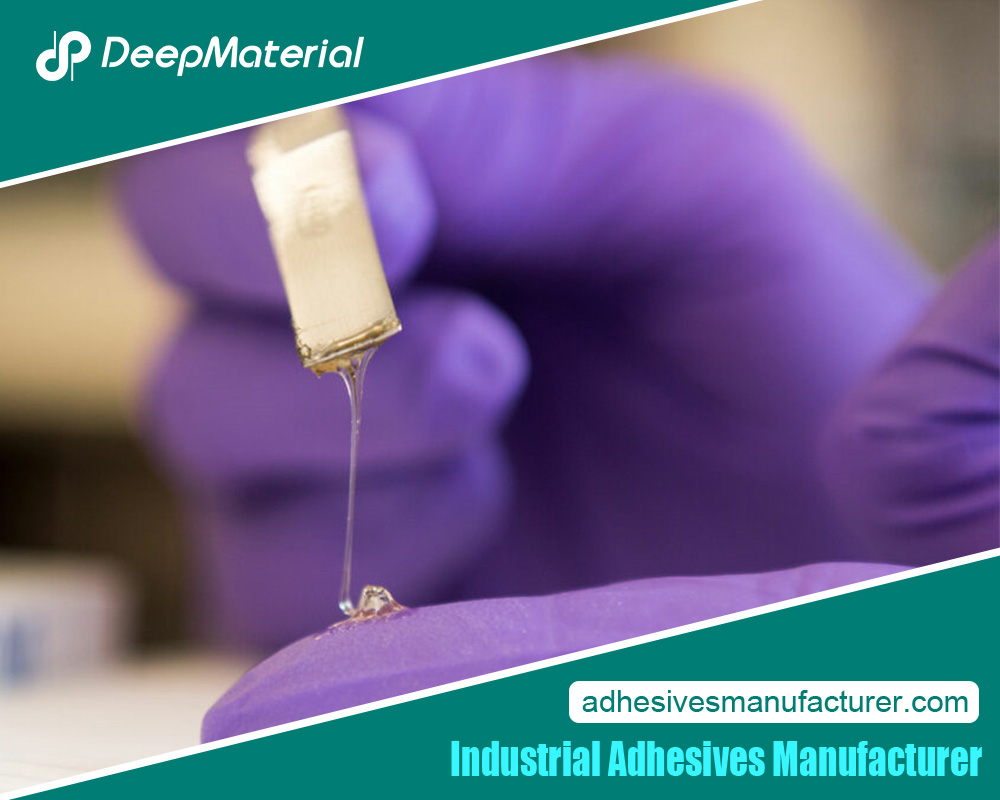
Conclusion
Insulating epoxy coating plays a vital role in protecting electronics from environmental factors such as moisture, corrosion, and high temperatures. By providing a barrier against these elements, insulating epoxy coating ensures the durability and longevity of electronic components and PCBs.
The benefits of using insulating epoxy coating in electronics include protection from moisture, corrosion, and high temperatures, improved durability and longevity of electronic components, and enhanced electrical insulation and conductivity.
For more about the Applications of Insulating Epoxy Coating in Electronics, you can pay a visit to Deepmaterial at https://www.adhesivesmanufacturer.com/ for more info.

